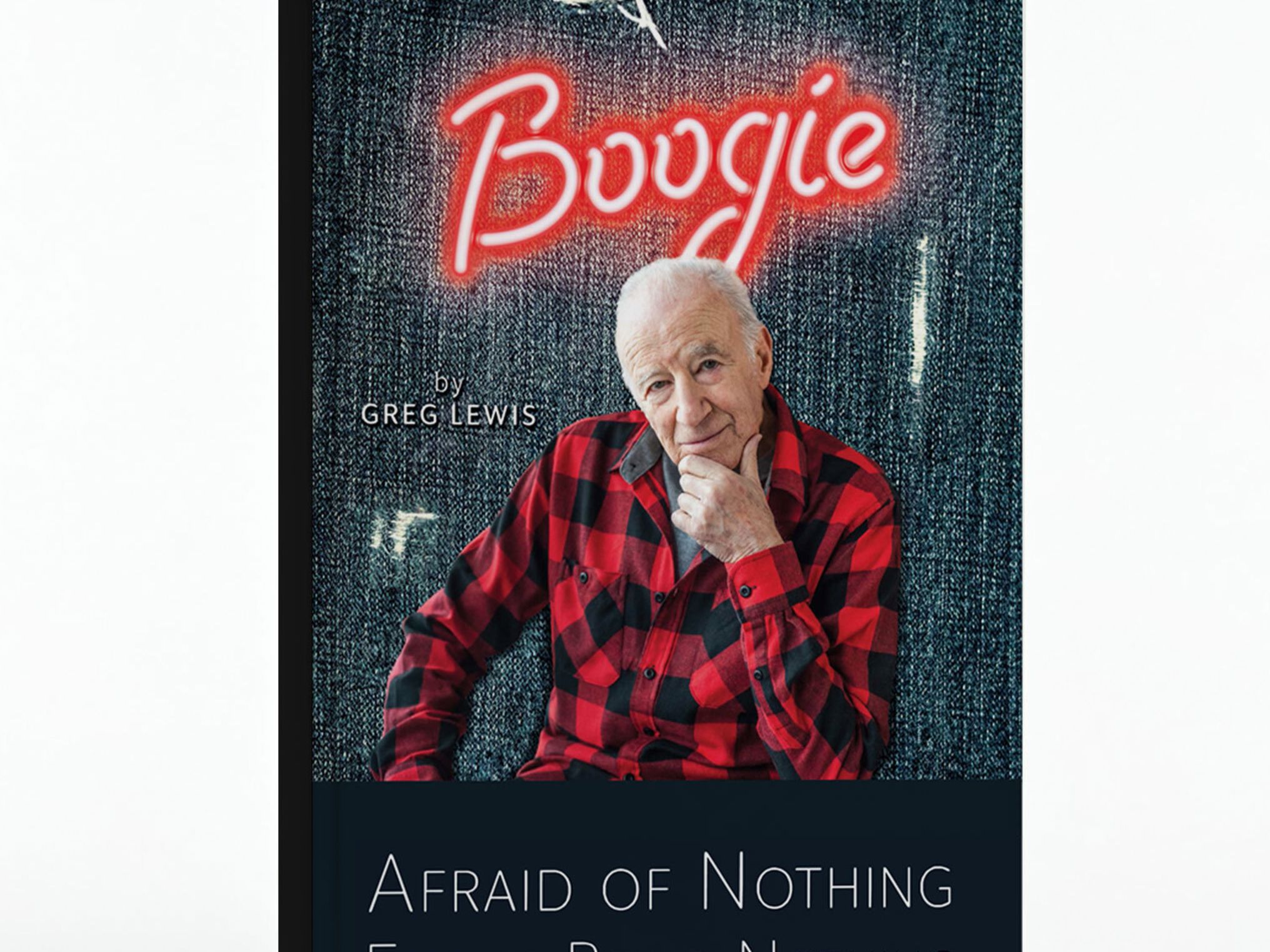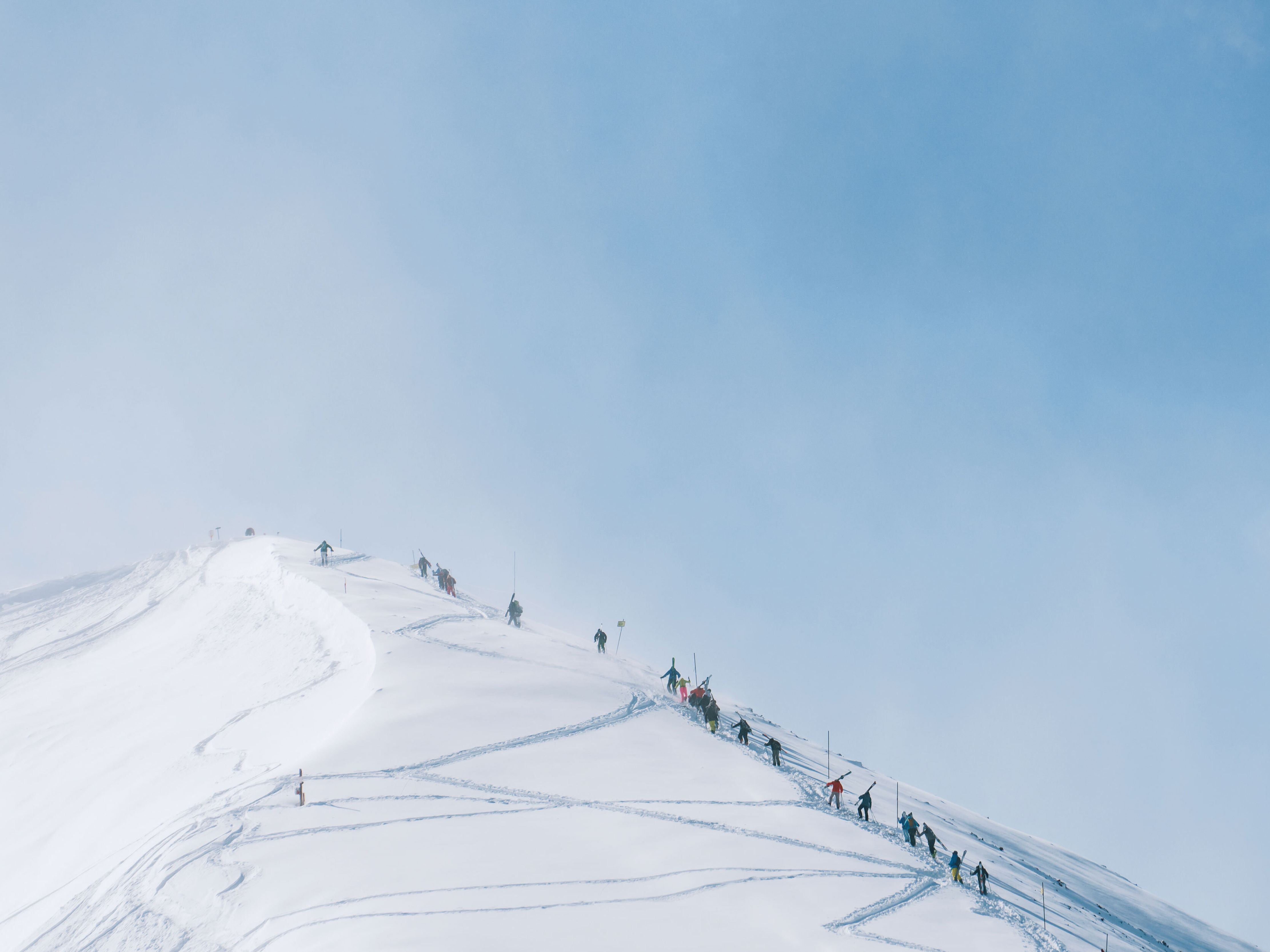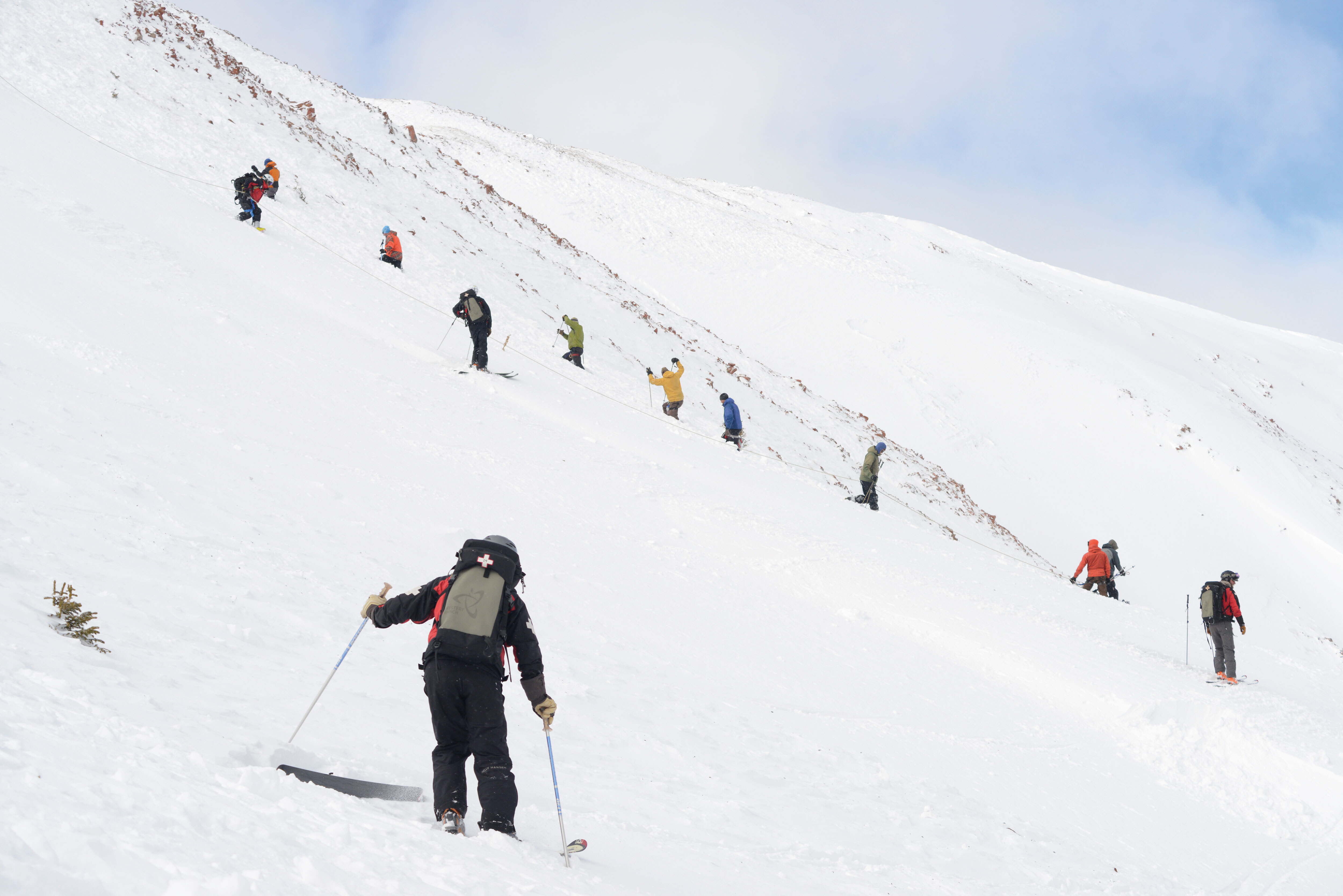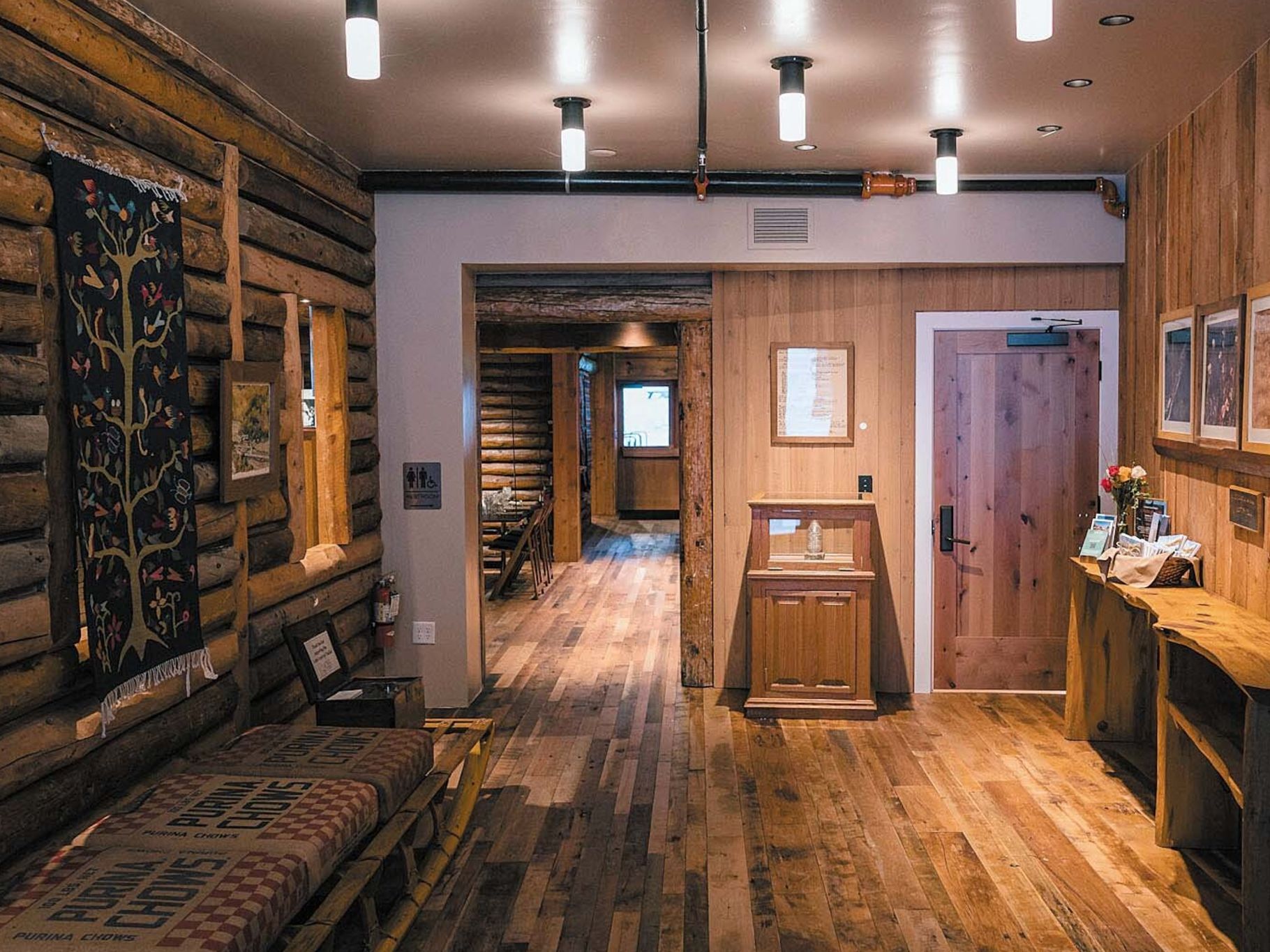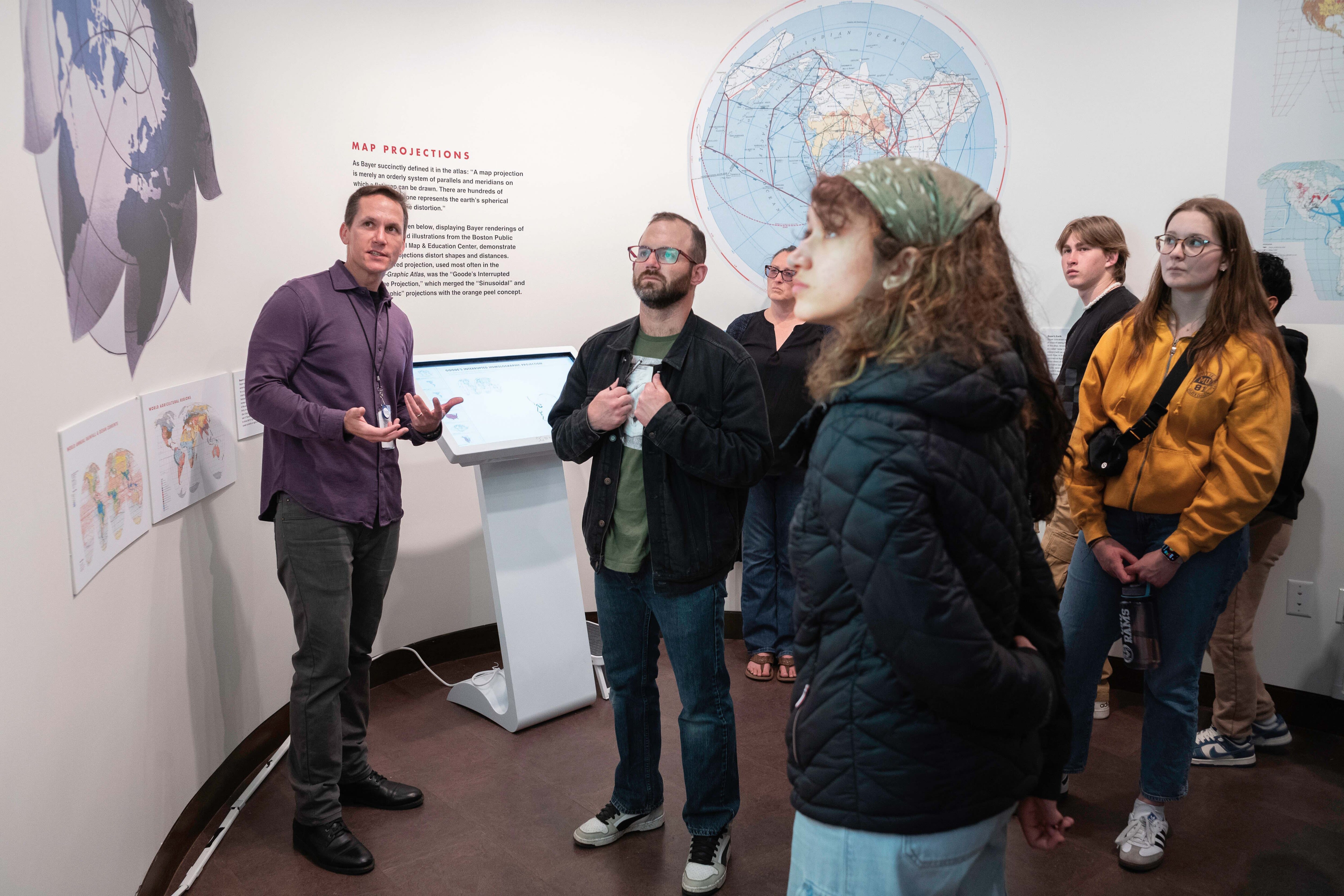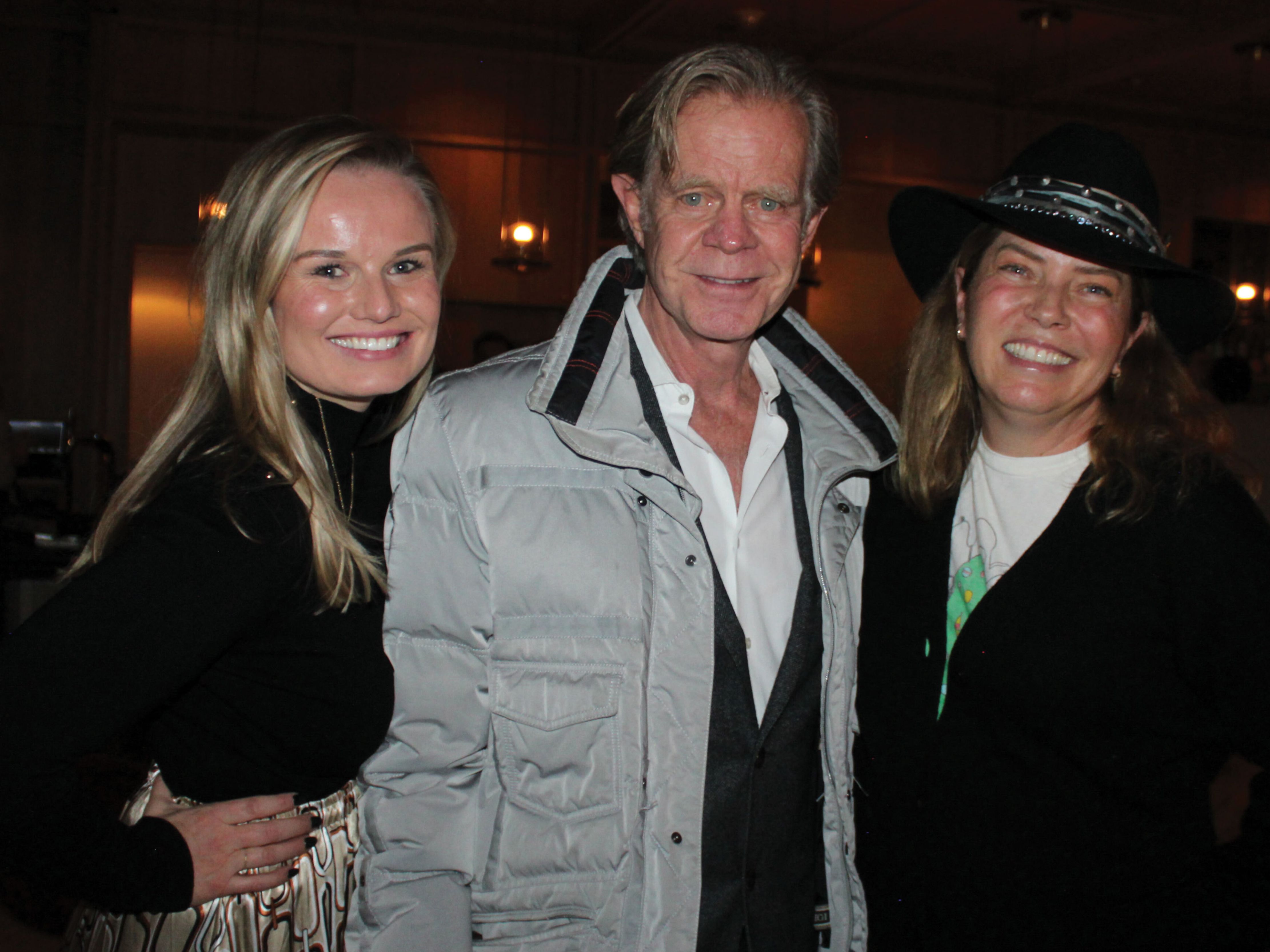Adam Gopnik Brings His Wordsmith Wizardry to Aspen
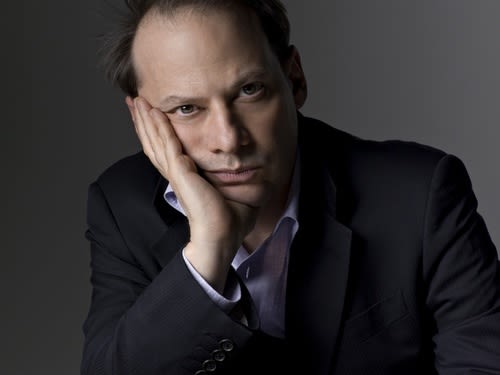
Image: Courtesy: Adam Gopnik
If you’ve read the New Yorker at any point since 1986, chances are you’ve read Adam Gopnik. If you've read the New Yorker religiously from any point since 1986, chances are you've found solace in Adam Gopnik. In his unparalleled, 30-plus-year career at one of the world’s most highly regarded journalistic institutions, he’s covered nearly every beat, while authoring best-sellers like Paris to the Moon and The Table Comes First: Family, France, and the Meaning of Food in between. Lately, he’s one of the few writers to provide on-point commentary in increasingly troubling times (a mind-blowing explanation to this year’s infamous Academy Award for Best Picture snafu included). This month, Gopnik will take the stage at Paepcke Auditorium March 21 as part of the 20th anniversary Winter Words season. Ahead of his maiden visit to Aspen, Gopnik shares his trademark sharp-witted answers to our questions—in writing, of course:
Aspen Sojourner: How did your involvement with Aspen Words come about?
Adam Gopnik: We were invited two years ago, couldn’t make it work, were delighted to find a way in 2017. I love winter sports—I’m not any good at them, but love them—so the idea of coming to Aspen, apart from my perpetual pleasure in talking, was irresistible.
AS: Which of your works can we look forward to hearing about during your lecture?
AG: I’ve been turning away from ‘lecturing’ as such over the past few years and towards storytelling, particularly since I started appearing regularly a decade ago with the Moth storytelling cooperative. So I think I shall tell a few stories that feature in the one-man show I’ve been working up, as well as in the new book, At The Strangers’ Gate—memories, folktales, really, of New York in the ’80s—that Knopf will publish in the fall. But I’ll also surely be drawing on my Winter book from 2011 as well.
AS: Trump versus the media—how has it affected your writing?
AG: I am the world’s most reluctant pundit—I have never thought I excelled, as Hendrik Hertzberg or Amy Davidson, among my colleagues, do at pinning down the truths of a political moment. For a long time, I only visited “Comment,” the New Yorker’s editorial page, to write something larksome about the identities of snowflakes or the history of Christmas trees. But first the tragedy of American gun violence, and then, even more, the rise of Trump, forced me to try out a more polemical pen. So I now find myself writing politics in a way I did not before. I don’t delude myself that such efforts have much hope of changing minds. We write about the political scene for the same reason we write about anything else: to organize and articulate the storm of emotions that events provoke in us. If the articulated emotions—and organized ideas—vibrate with others, it’s terrific. But we don’t change minds; we just bear witness and hope that the action will encourage others to bear their own.
AS: Are we all doomed?
AG: Well, we’re doomed in any case, by mortality and the shriveling away of the planet, if that’s any comfort. I refuse to succumb to pessimism about the future while still recognizing the scale of the national emergency. As I wrote in the New Yorker’s last anniversary issue, we are in the midst of a battle between authoritarian impulses on high and the deep reservoirs of trust in our civil society. I don’t know how it will end. But how it ends depends on what we do.
AS: What books are on your nightstand at the moment?
AG: I always have two books on my nightstand: The Diaries of Kenneth Tynan, my hero among doomed wit-critic-memoirists, and [James] Boswell’s Life of Samuel Johnson, the tale of another, even greater, doomed wit-critic. Both were gloomy in philosophy and congenial in conversation, and both were drawn, it should be said, to the gentler but still restless shores of sexual fetishism of the more theatricalized kind. This shows my permanent affinity for doomed wit-critics, clearly. (I’ll plead nolo contendere to the rest.)
AS: Where are you dining in NYC at the moment?
AG: Since cooking dinner is my only release from the bondage of the keyboard—and since I’m blessed that my family likes my particular kind of crazed- flavor, high–intensity cooking, or just have been raised on no other kind and so are used to it—I end up cooking at home six nights out of seven. But when we do get out, we love Rotisserie Georgette, our friend Dan Barber’s still matchless Blue Hill, and Quatorze, a simple French place here on the still Francophile Upper East Side. And the empire of our friend Eli Zabar gets an undue amount of our trade, too.
AS: You adapted The Table Comes First into a much-anticipated and recently renamed musical, The Most Beautiful Room in New York. When can we see it?
AG: Well, we are already beyond workshopping! The first proper full production will open under that title at the Long Wharf Theater in New Haven on May 10. In fact, I’ll be jetting back—lovely archaic-’60s expression to be able to use—directly from Aspen to New Haven to live for six weeks in a New Haven hotel, just like the songwriters of the ’50s, trying a show out of town.
AS: How did that process challenge you versus writing a book?
AG: I can’t begin to describe all of the differences, but perhaps the two most important are that play writing, especially musical play writing, is finally all about events rather than the elegant intersections of ideas. If you get a significant sequence of emotional events in more or less the right order then, truth be told, the actors could stumble over the lines or make up some of their own and it would still work, sort of, whereas in a prose piece a single semi-colon out of place can spoil the effect. The other is that play writing, and musical play writing above all, is communal and collaborative in a way that even the most congenial prose stylist can’t imagine. The New Yorker is a place that demands attention to others—fact checkers, copy editors, the editor in chief—but it is positively monastic compared to the most intimate theatrical production. Everyone—the director, the composer, the choreographer, the actors, certainly the actresses, the musical director, the guy who plays the piano for the musical director—has ideas, “notes,” and, since they’re all well-meant and offered out of intense commitment, you need to listen to them all. Half the task is disenthralling yourself from your own pet ideas; the other half is not getting in thrall to other people’s.
AS: After 30 years, what does the New Yorker mean to you?
AG: The New Yorker is my home, my country, my employer, my showboat, my bar. I feel myself a citizen of it more than an employee of it—an illusion, obviously, given its existence as a small business that seeks a profit and employs those who help it in that search. But I have now passed my entire adult life, from my 20s through my 50s, in its pages, and its readers have witnessed my children born, in Paris, finding imaginary friends, watching their goldfish die, acquiring dogs, learning to drive, and generally comforting and inspiring their Dad. That the domestic tales I’ve written occupy in truth a tiny proportion of my written work for the magazine, with far more space having been given over the years to my attempts to define, or re-define, the liberal spirit for a post-liberal age, doesn’t alter the reality that those tales of anxious bourgeois life is what I will be remembered for, if for anything. In part, I suppose, because they offer the most living, the most realized, of my liberal re-definitions.
AS: What is the most important piece of advice you would give to a magazine writer?
AG: John Updike, who never was too snooty to regard himself as more than a 'freelance writer living in Massachusetts' said to me once that a writer who is capable of saying yes should always say yes, i.e., that more time was wasted for such writers worrying about what to write than just writing whatever was there to be written. If you want to be a magazine writer, rather than a hermetic poet or short story writer, presumably you are by nature that kind of 'yes' writer. So … say yes. My father put it in another way, and well: be in the world.
Winter Words with Adam Gopnik
Tuesday, March 21
6 p.m., Paepcke Auditorium
Book signing immediately follows, hosted by Explore Booksellers
$25, aspenwords.org

